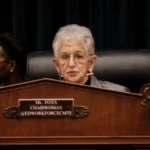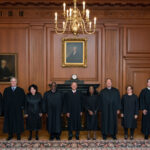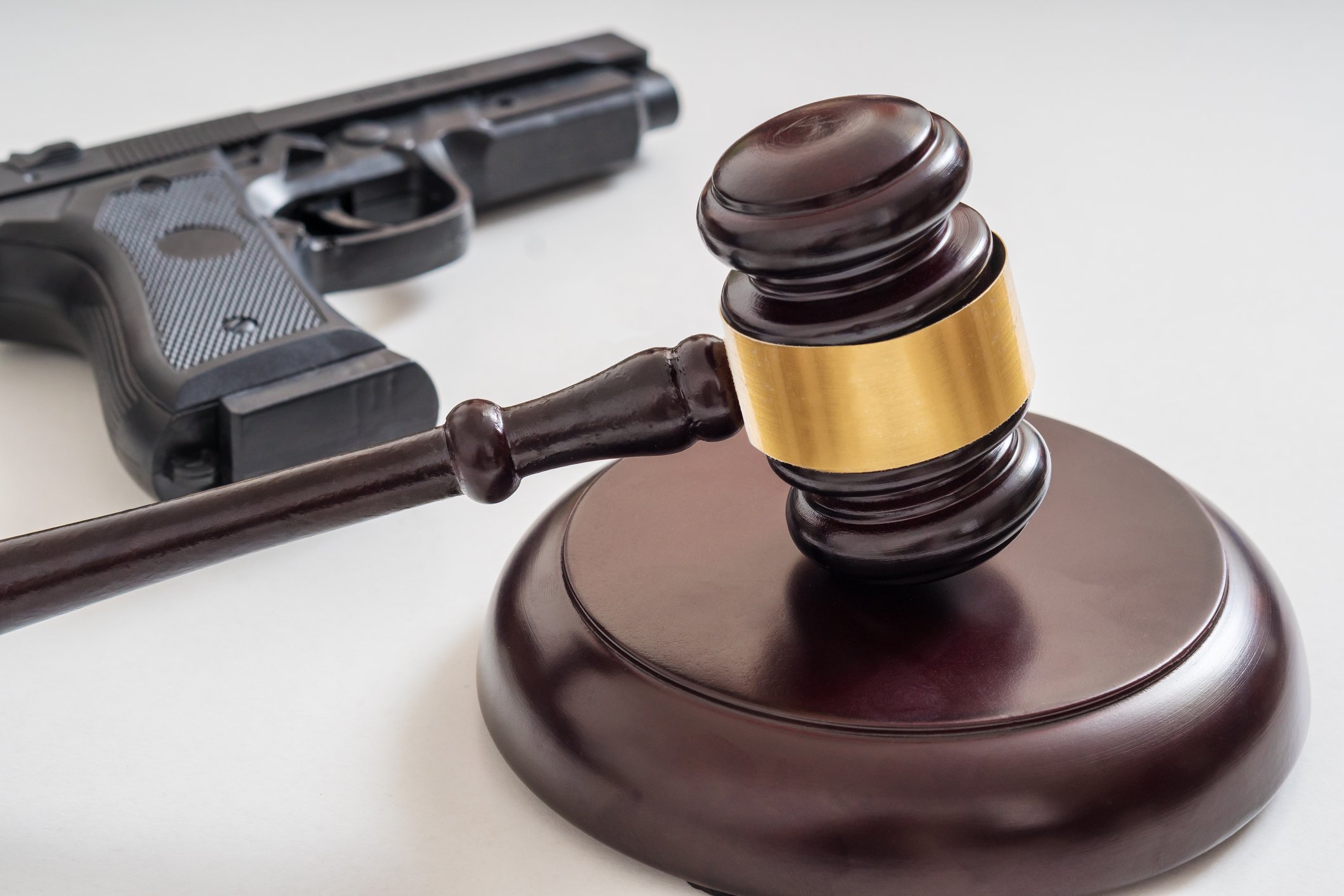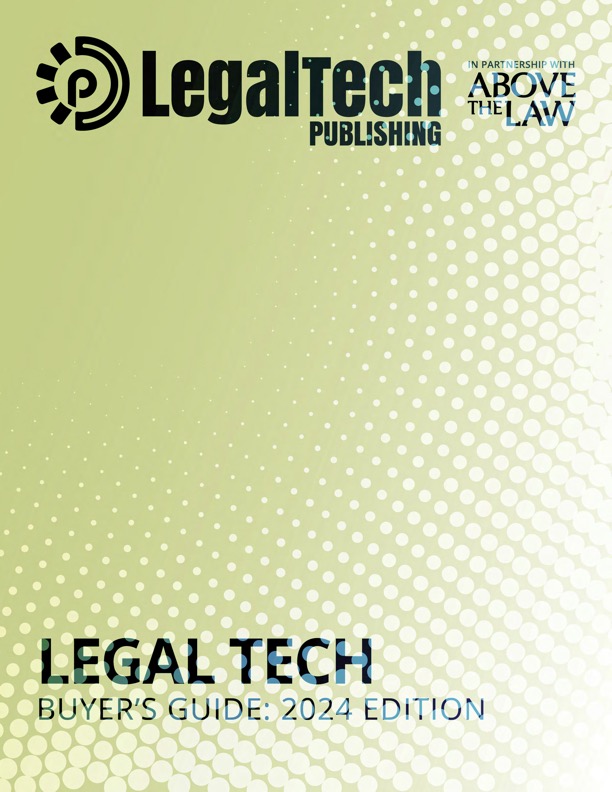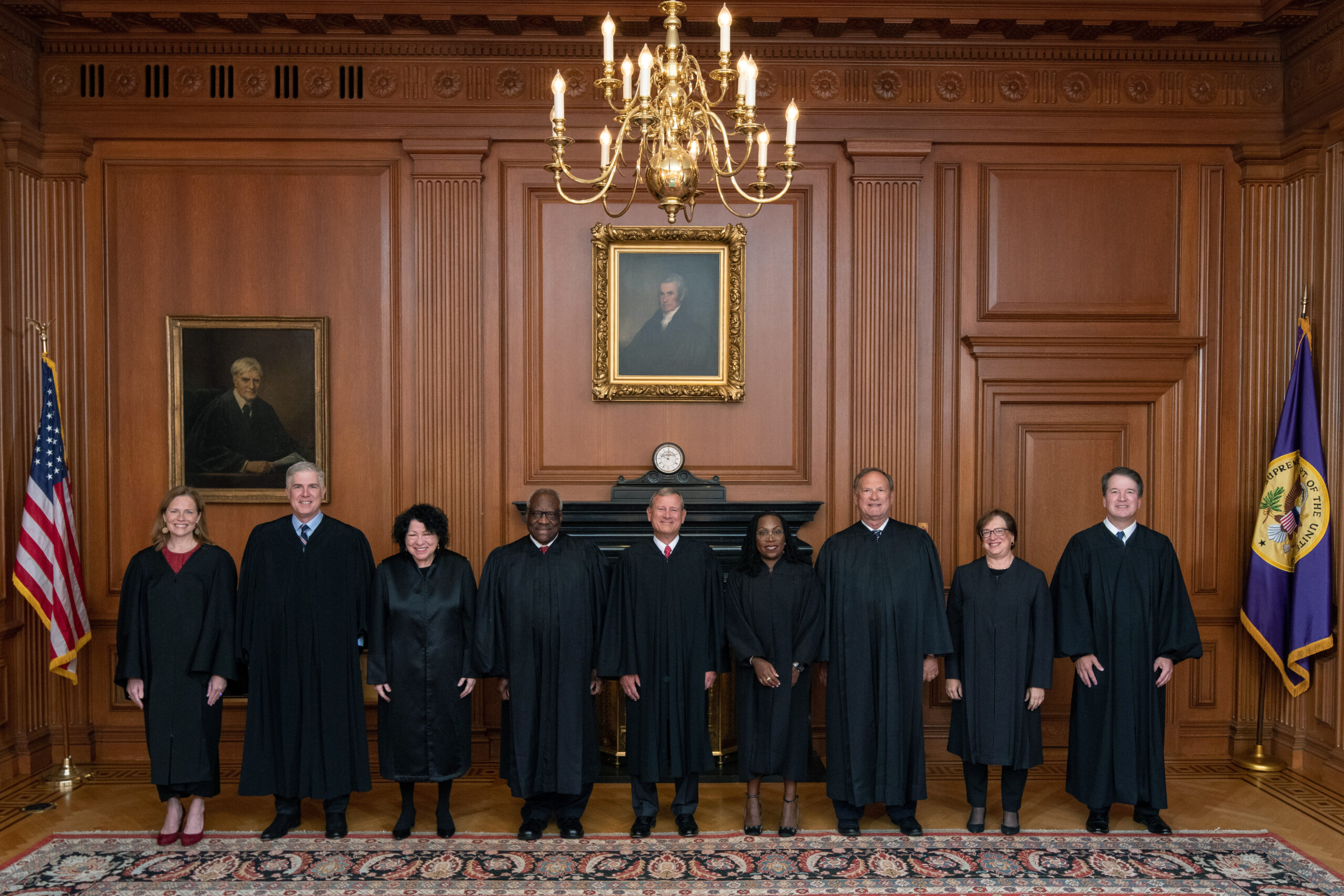EMERGENCY DOCKET
on Sep 20, 2024
at 11:01 am
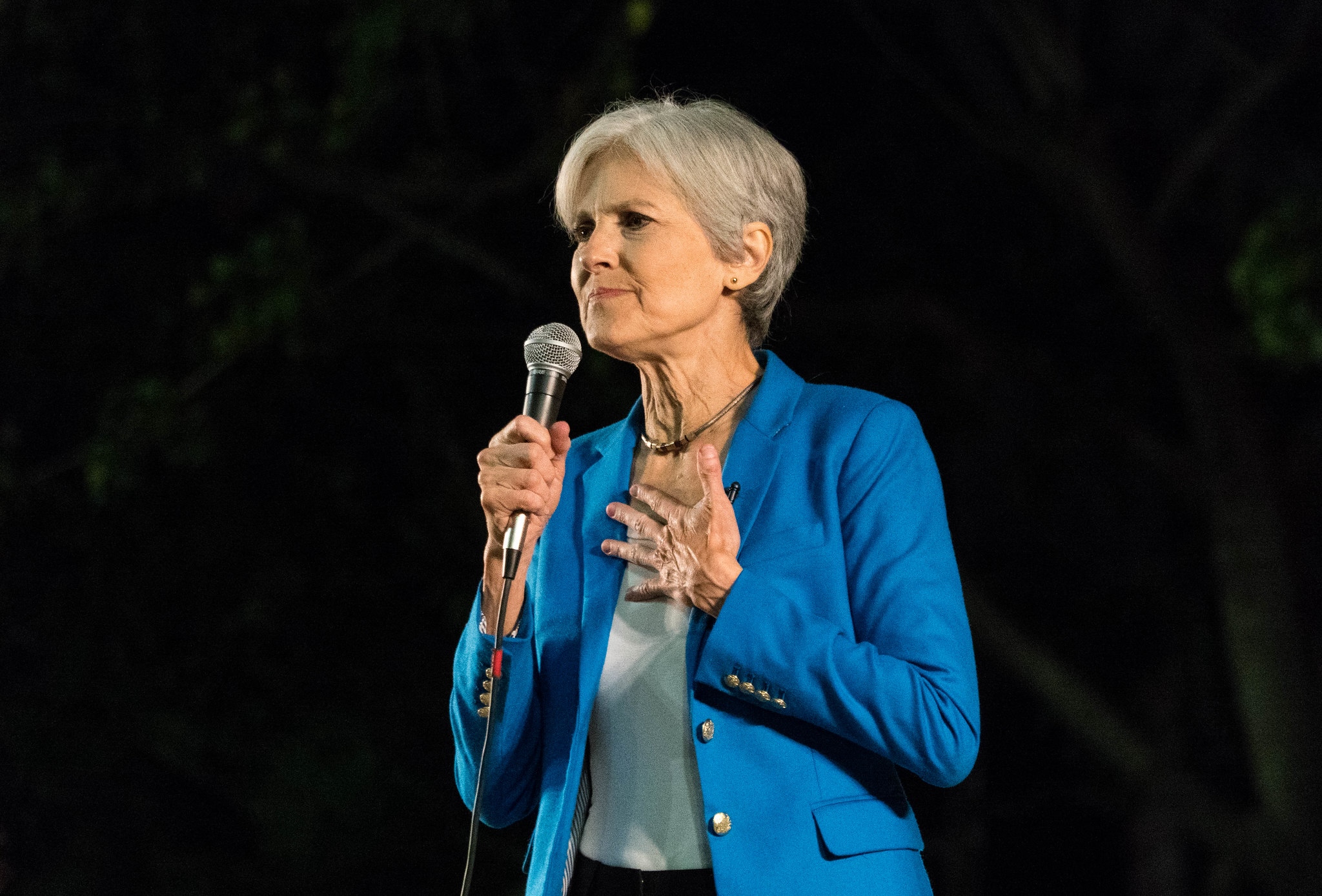
Green Party presidential candidate Jill Stein. (Daniel Nesbitt via Flickr)
The Supreme Court on Friday left in place a ruling by the Nevada Supreme Court that keeps the Green Party off the state’s ballot for the 2024 general election. The Green Party had asked the justices to vacate the ruling while it appealed that decision, but in a brief unsigned order, the justices declined to do so.
Friday’s order means that Jill Stein, the Green Party’s candidate for president, will not appear on the ballot in Nevada in November. Polling earlier this month by CNN showed Stein receiving just 2% of the votes in Arizona and 1% or less in other states. But Stein’s absence from the ballot in Nevada was nonetheless hotly contested. President Joe Biden won Nevada by fewer than 35,000 votes in 2020, and polls show Vice President Harris and former President Donald Trump running neck and neck in the state, which is likely to play a key role in this year’s race for the White House.
The Green Party was represented in the Supreme Court by (among others) Jay Sekulow, a Washington lawyer perhaps best known for representing Trump, including during his first impeachment in 2020.
Under Nevada law, the Green Party needed to obtain just over 10,000 valid signatures to get its candidates on the ballot for the 2024 general election. The petitions containing the signatures are also required to include an affidavit from the people who circulated the petitions.
As it came to the Supreme Court, the dispute centered on the content of that affidavit. For minor political parties seeking access to the ballot, Nevada law requires the affidavit to include an attestation that the person who circulated the petition believes that each person signing the petition is registered to vote in the county where she lives.
The affidavit originally submitted with the Green Party’s petition in July 2023 was the correct one. However, because the petition that the Green Party submitted contained a separate mistake, an employee in the secretary of state’s office sent the party a sample petition that included the wrong affidavit – for use with petitions to put initiatives and referenda on the ballot. As a result, the affidavits that the Green Party later submitted with its petitions did not contain the attestation required for access to the ballot.
The secretary of state eventually announced that the Green Party had submitted enough signatures to qualify for the 2024 general election ballot.
The Nevada Democratic Party went to state court in June of this year, arguing that the signatures were invalid because the Green Party had used the wrong affidavit.
On Aug. 12, the state trial court ruled in favor of the Green Party, but on Sept. 6 a divided Nevada Supreme Court reversed. It concluded that the attestation that the Green Party had failed to include “serves an essential purpose.” Therefore, the majority reasoned, allowing the Green Party to have its candidates on the ballot when it had not fulfilled all of the prerequisites to do so would nullify “the requirements that were put in place for the public’s benefit.”
This is true, the majority emphasized, even if the secretary of state’s office made a mistake when it sent the Green Party the sample petition and affidavit. Despite that error, the majority insisted, the Green Party “still had a duty to comply with the legal requirements” for affidavits.
The Nevada Green Party came to the U.S. Supreme Court on Sept. 13. Telling the justices that “[t]housands of Nevada voters who signed the petitions at issue are disenfranchised by the Nevada Supreme Court’s ruling,” it asked the justices to vacate the state supreme court’s order and reinstate the Green Party candidates.
The secretary of state, the Green Party stressed, has acknowledged both that it gave the Green Party the wrong form and directed the Green Party to use that form. Moreover, the Green Party added, the secretary of state went through the entire process of counting and verifying the signatures without ever flagging the possible problem. To bar the Green Party’s candidates from the ballot now, when the party simply followed the directions provided by the secretary of state’s office would violate the Constitution’s due process clause, which guarantees fair treatment by the government.
Excluding the Green Party from the ballot because it had failed to comply “with an ultimately meaningless formal requirement, where the state does not impose that same requirement under materially indistinguishable circumstances” – affidavits accompanying petitions to put initiatives and referenda on the ballot – would also violate the equal protection clause, the Green Party continued, which bars the government from treating people differently without a good reason.
The Green Party urged the justices to intervene now because resolving the dispute quickly “will serve the interest of all involved, mitigating wasted ballot printing and precious time as the election-related deadlines approach.” And it added that there “is still time to right the wrong,” noting that the Supreme Court has required ballots to be reprinted as late as Oct. 25.
Both Francisco Aguilar, the Nevada secretary of state, and the Nevada Democratic Party urged the justices to leave the state supreme court’s decision in place.
The Nevada Democratic Party pushed back against the Green Party’s suggestion that its failure to comply with the attestation requirement was “a mere technical violation.” Instead, the Nevada Democrats argued, the attestation “serves the State’s important interests in preventing fraud, assuring compliance with Nevada requirements regarding the number of signatures in each congressional district, and protecting the fairness and integrity of the political process.”
Nor should the Green Party’s failure to comply be excused because of the error by the secretary of state’s office, the Nevada Democrats continued. The attestation requirement is “clear” and “longstanding,” they contended, and a “civil servant’s mistake does not give rise to a due process right to be excused from” that obligation.
Aguilar and the Democrats also contended that procedural obstacles stand in the way of the Green Party’s request. First, Aguilar insisted, there are “strict deadlines” for printing and mailing ballots, so that it is effectively too late to add the Green Party’s candidates to the Nevada ballot now. Military and overseas ballots must be sent out by Sept. 20, while out-of-state absentee ballots must follow by Sept. 26.
Second, the Nevada Democratic Party asserted, the U.S. Supreme Court has no power to review a ruling by the district court declaring the Green Party’s petition invalid, because the Green Party did not appeal that ruling and the Supreme Court can only review decisions of the state’s highest court.
More broadly, Aguilar and the Nevada Democrats wrote, any effort to reinstate the Green Party candidates to the ballot could disrupt the election. Aguilar invoked the Purcell principle, the idea that courts should not change election rules during the period just before an election, and he noted that “at least one county clerk has already sent out military-overseas ballots and out-of-state mail ballots to ensure compliance with federal and state law.” Requiring county clerks to send out new ballots could create confusion and undermine public confidence in the integrity of the election, he posited, while ballots for registered voters in the state are already being printed.
The justices on Friday did not indicate whether they had taken the Purcell principle into account in this case, but it has played a major role in previous election decisions from this court, particularly on the emergency docket.
Aguilar and the Nevada Democrats also faulted the Green Party for what they characterized as its own role in delaying the process. Even though time was short, they observed, the Green Party delayed its initial response to the Democrats’ challenge, sought a delay in its hearing in the trial court, and waited a week after the Nevada Supreme Court’s ruling before coming to the justices.
This article was originally published at Howe on the Court.
#Supreme #Court #rejects #Green #Party #bid #Nevada #ballot



